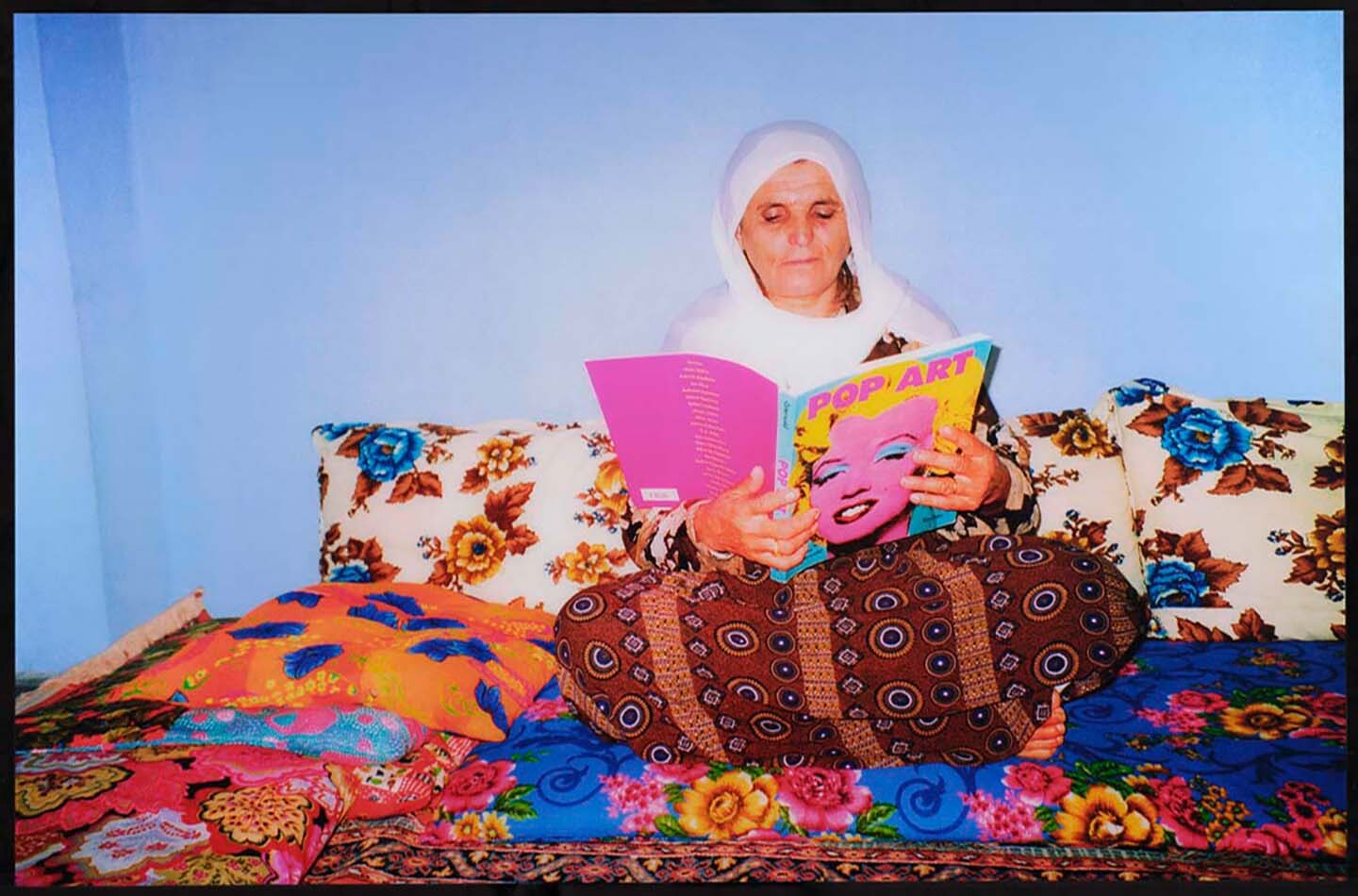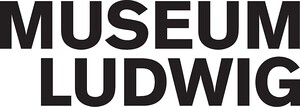Heinrich-Böll-Platz
50667 Cologne
Germany
Hours: Tuesday–Sunday 10am–6pm
T +49 221 22126165
info@museum-ludwig.de
Exhibitions
Francis Alÿs: Kids Take Over
April 12–August 3, 2025
Curators: Rita Kersting and Santi Grunewald
Children are the focus of this exhibition that revolves around the thirty video projections of Children’s Games, in which Francis Alÿs (b. 1959 in Antwerp, based in Mexico City) shows playing children from all over the world. For over twenty years, Alÿs has been traveling to places like Congo, Afghanistan, Hong Kong, Switzerland, Alaska, and Cuba to film children who are completely immersed in their outdoor playing. While some of the games have long traditions, others have been spontaneously invented by the children in reaction to their surroundings.
Alÿs chose to turn a big space of the museum over to the children of Cologne. Fifty kids between eight and thirteen years old—like the children in the films— will curate a children’s museum. Francis Alÿs is presenting a new film in his Children’s Games series, made with these children from Cologne.
Pauline Hafsia M’barek
Artist Meets Archive: The International Photoscene Cologne
May 17–November 9, 2025
Curator: Barbara Engelbach
As part of the program Artist Meets Archive, that is organized by the International Photoscene Cologne, artists are invited to explore various photographic archives and collections in Cologne. Artist Pauline Hafsia M’barek (b. 1979, based in Brussels and Cologne) has carefully examined the large photography collection at the Museum Ludwig. Her project is based on the collection of photo historian Erich Stenger and the Agfa advertising archive, which the museum acquired in 2005. Pauline Hafsia M’barek is particularly interested in the chemical-physical nature of the photographic image and its production process, as well as the vulnerability of photographic archives and the questions of their exhibitability.
Five Friends: John Cage, Merce Cunnigham, Jasper Johns, Robert Rauschenberg, Cy Twombly
October 3, 2025–January 11, 2026
Curators: Yilmaz Dziewior, Achim Hochdörfer with Arthur Fink
The exhibition Five Friends: John Cage, Merce Cunningham, Jasper Johns, Robert Rauschenberg, Cy Twombly tells the story of an influential yet often overlooked network of five prolific, prominent artists. Although all of them have been recognized as individuals, their strong reciprocal influence, artistic friendships, and romantic relationships have been widely overlooked and rarely studied. Both individually and as a group, they played central roles in postwar art and made decisive contributions to the history of art, music, and dance with their interdisciplinary work.
With its focus on the interaction between the five artists, the exhibition also reflects on what it meant to be a gay artist in the 1950s, casting new light on the dynamics of postwar art in the United States and beyond.
This is the first time that Cage’s theoretical influence on Rauschenberg and Twombly, the stage sets by Rauschenberg and Johns for the Merce Cunningham Dance Company, and the formal and content-related dialogues between Twombly, Rauschenberg, and Johns are the subject of a major exhibition.
The exhibition is in cooperation with the Museum Brandhorst in Munich.
HERE AND NOW at Museum Ludwig: De/Collecting Memories
December 6, 2025–May 10, 2026
Curators: Miriam Szwast and Santi Grunewald
The Museum Ludwig’s rich collection of American art provides the artistic point of departure for this exhibition project. Looking beyond Pop Art, the museum has invited Marie Watt (b. 1967 in Seattle, Washington), a contemporary US-American Indigenous artist. Her work Sky Dances Light from 2024, an installation of clouds made of tin jingles, is the centerpiece of the exhibition. Watt’s sensuous, immersive installations can be read as a response to the collection of two hundred garishly colorful photochrom prints produced by the Detroit Photographic Company that was acquired by the Museum Ludwig in 2023. Such colorized prints were produced around 1900 for use on postcards in print runs of up to seven million copies per year. De/Collecting Memories begins where the postcard motifs end and investigates what they do not tell.
2025 Wolfgang Hahn Prize: Evelyn Taocheng Wang
November 8, 2025–April 19, 2026
Curator: Yilmaz Dziewior
Evelyn Taocheng Wang (* 1981 in Chengdu) will be awarded the 31st Wolfgang Hahn Prize by the Gesellschaft für Moderne Kunst am Museum Ludwig. In her drawings, paintings, video works, installations and performances, she combines personal memories and fantasies with universal themes such as identity, authenticity, ethnicity and gender roles. Evelyn Taocheng Wang’s multi-layered and often paradoxical narratives shake up categorical notions of perception and evaluation in a stimulating way.
Presentations in the Photography Room
Street Photography: Lee Friedlander, Garry Winogrand, Joseph Rodríguez
May 3–October 12, 2025
Curator: Barbara Engelbach
With its frank view of everyday life in urban spaces, street photography made a radical break with traditional photographic approaches. This presentation features photographs by Lee Friedlander, Garry Winogrand, and Joseph Rodríguez, three famous protagonists of street photography in the United States who have significantly developed the genre.
Smile! How the smile came into photography
November 1, 2025–March 22, 2026
Curator: Miriam Szwast
The people depicted in old portrait photographs often look into the camera with expressions that are quite serious. Today smiles are an integral part of photography. How did this change come about? This retrospective in the Photography Room investigates this question to better understand why our “photography faces” have changed over time.
Yilmaz Dziewior, Director: “Exchange and collaboration define our program in 2025. Our exhibitions and projects look beyond the scope of visual art and cooperate with experts from different fields while striving to appeal to a diverse audience, including new visitors. In these difficult times, it is even more important to provide a counterweight in the hopes that the exchange between people will counteract the polarization. Dialogue enables us to get to know and understand each other better, breaking down prejudices and interconnecting us.“










